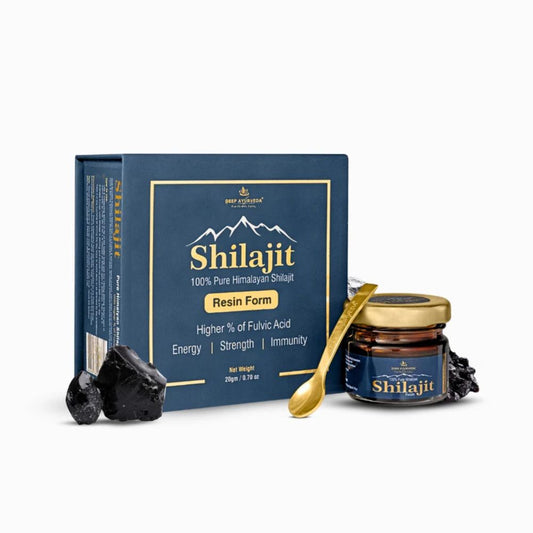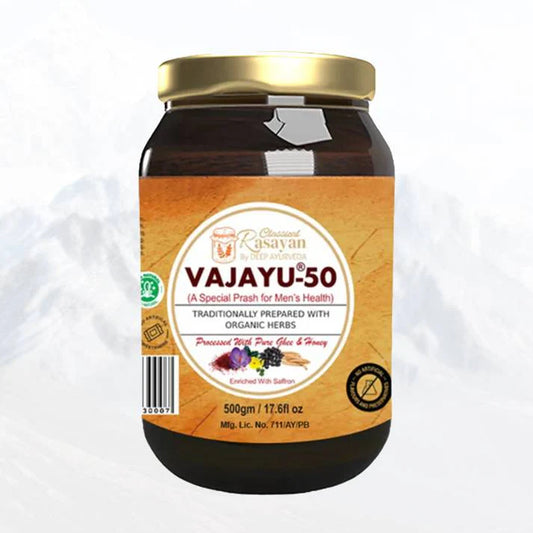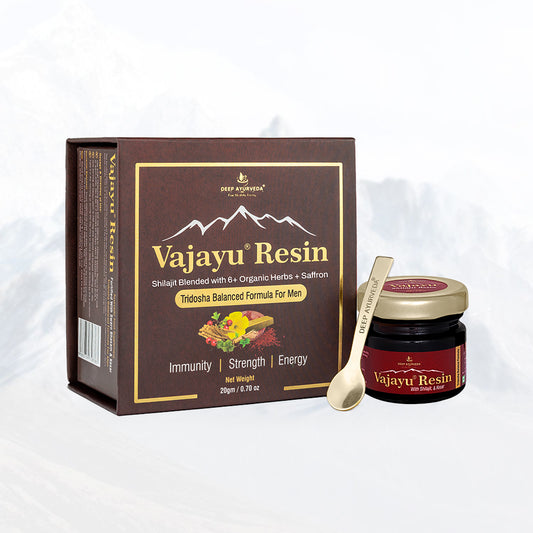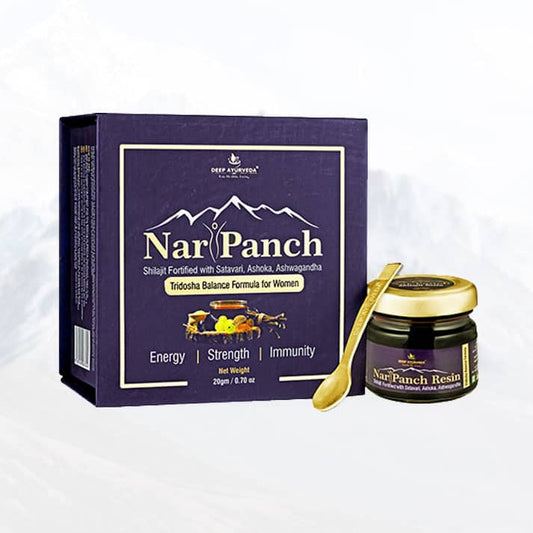Water is the essence of life and plays a vital role in maintaining the body's overall health, aiding digestion, detoxification, circulation, and temperature regulation. In Ayurveda, water is considered not just a thirst quencher but a powerful tool for balancing the body's doshas when consumed mindfully.
Timing, quantity, and temperature of water matter—when done right, this simple habit can become one of your strongest allies in achieving health and balance. In this blog we will learn about 5 common myths people have regarding drinking water habits.
Myth no 1-Water should be completely avoided during meals.

One common myth about drinking water is that it should be completely avoided during meals. However, Ayurveda suggests that sipping small amounts of warm or room-temperature water during meals actually supports digestion. These gentle sips help moisten the food, break it down into smaller particles, and assist in its smooth movement through the digestive tract.
More importantly, it helps stimulate and sustain the Pachak Agni (digestive fire), aiding better absorption of nutrients. The problem arises when large quantities of water are consumed during meals, which can dilute digestive enzymes and weaken the Agni, leading to indigestion, bloating, and ama (toxins). So, moderation is key—a few mindful sips can aid digestion, but excessive intake should be avoided.
Myth no 2- Everyone must drink 4 to 5 liters of water daily

A common myth is that everyone must drink 4 to 5 liters of water daily to stay healthy. However, Ayurveda emphasizes that water intake should be tailored to one's individual constitution (Prakriti) and health condition. For instance, people with a Kaphaj Prakriti, who naturally have a cold and moist body nature, should avoid excess water, as it can aggravate Kapha and lead to issues like sluggish digestion, congestion, and lethargy.
In contrast, those with a Pittaj Prakriti, due to their internal heat, can tolerate and often require more water to balance bodily heat and maintain hydration. Moreover, individuals with low digestive fire (Mandagni) should not consume large quantities of water, as it can further weaken digestion. Patients suffering from conditions like kidney disorders, ascites, cold, or hyperacidity must also moderate their water intake, since excess fluid can worsen symptoms. On the other hand, those experiencing constipation may benefit from increased intake of lukewarm water, which helps in softening stools and supporting Apana Vata function. Thus, water should be consumed mindfully, based on one’s constitution and health needs, not by blindly following generalized recommendations.
Myth no 3- Drinking chilled water is always refreshing and energizing

Many people believe that drinking chilled water is refreshing and energizing, but in reality, this is a myth, especially from an Ayurvedic perspective. Cold water suppresses your digestive fire (Agni), which is essential for proper digestion and metabolism. When Agni becomes weak, it can lead to the formation of Aama—undigested toxic material in the body—which is the root cause of many diseases. Regular consumption of chilled water, especially after meals or during digestion, can slow down enzymatic activity, hamper nutrient absorption, and create a feeling of heaviness and lethargy.
Over time, this can disturb the balance of Vata and Kapha, resulting in low energy, poor digestion, and increased toxin buildup. Ayurveda strongly recommends drinking lukewarm or room temperature water or should drink Matka (clay pot) water which is a natural and healthy alternative to chilled water — it stays cool without harming digestion. Its alkaline nature also helps balance acidity and supports overall gut health. to preserve Agni and promote overall health and vitality.
Myth no 4- Drinking 4–5 Glasses of Water Early Morning Boosts Health

A common myth is that drinking 4 to 5 glasses of water early in the morning is essential for health. However, from an Ayurvedic perspective, this practice can be harmful, especially if done routinely without considering one’s digestive capacity. Consuming large amounts of water immediately after waking can dilute and weaken Pachak Agni (digestive fire), which is just beginning to kindle for the day.
A dull Agni leads to poor digestion, bloating, and the formation of Aama (toxins).Morning time is considered Kaphaj Kaal in Ayurveda, and drinking excessive water during this period can aggravate Kapha dosha, leading to heaviness, sluggish digestion, and lethargy. Instead, Ayurveda recommends starting the day with a small amount of warm water to gently stimulate digestion, cleanse the system, and support natural elimination. Hydration should be gradual and mindful, not excessive or forceful.
Myth no 5- Drinking a Lot of Water Helps in Weight Loss

While staying hydrated is important for overall health and metabolism, simply drinking excessive amounts of water does not directly lead to weight loss. Many believe that gulping down litres of water will flush out fat, but Ayurveda and modern science both caution against overhydration. Excess water intake can dilute digestive enzymes, weaken Agni (digestive fire), and even lead to water retention or electrolyte imbalance.
Conclusion
Ayurveda teaches us to drink water mindfully: sip warm or room-temperature water, listen to your body’s thirst cues, and align your water habits with your Prakriti and seasonal needs. By breaking these myths and adopting conscious water-drinking practices, you can truly support your health and well-being from the inside out.







